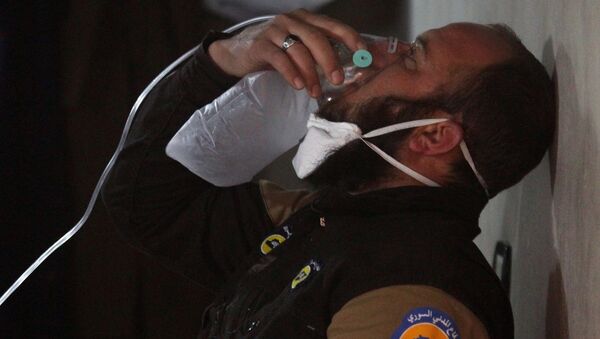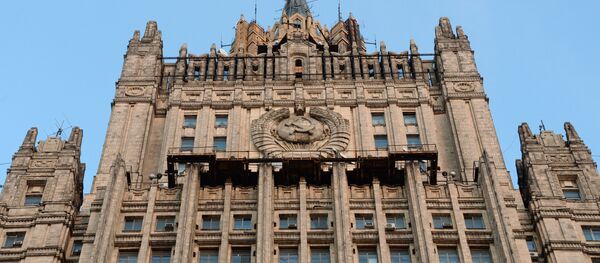"The strikes are premature and they did not wait for the investigations, which should conclude to the party behind the chemical explosion. The Syrian government doesn’t have any interest in breaching the chemical weapons agreement with the international community, as this would affect the rejoining and acceptance of Syria by the UN," Sakr said.
Meanwhile, Daesh terrorists did not have the UN support at risk, the SSNP member noted.
"The terrorists do not have any similar concerns. On the big questions, a question remains: How did the chemical weapons reach to terrorists’ weapon warehouses and from which root?" Sakr added.
On Tuesday, the Syrian National Coalition of Revolutionary and Opposition Forces reported that a chemical weapon attack in Syria’s Idlib province claimed the lives of some 80 people and inflicted harm on an additional 200 civilians. The coalition, as well as a number of Western states, blamed the Syrian government troops for the attack, while Damascus has refuted these allegations.
Following a 2013 chemical weapon attack in Syria's East Ghouta, Syria joined the Convention on the Prohibition of Chemical Weapons. This was the result of an agreement between Russia and the United States on the destruction of chemical weapons in the Arab country under the control of the Organisation for the Prohibition of Chemical Weapons (OPCW), which also prevented the US military intervention in Syria. In January 2016, the OPCW announced that all chemical weapons in Syria had been destroyed.



